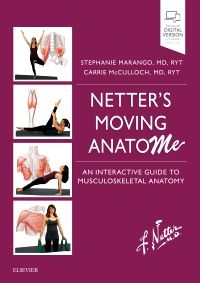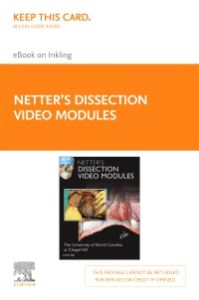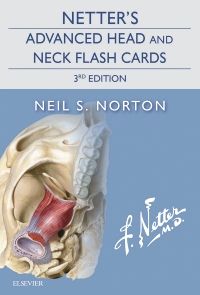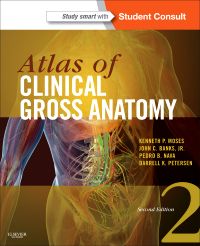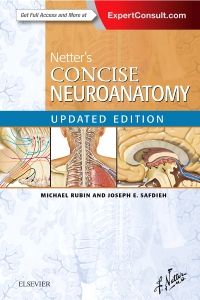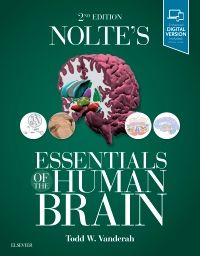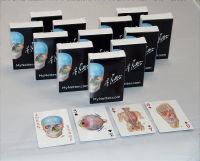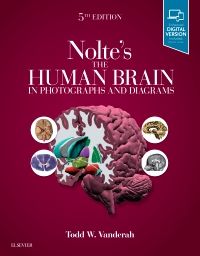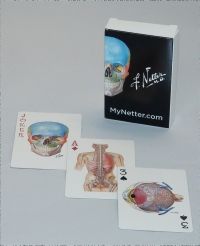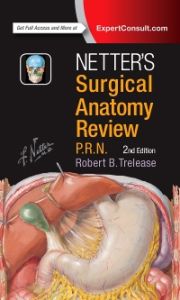Offering a unified resource for both clinicians and pharmacists, A Medication Guide to Internal Medicine Tests and Procedures provides concise, focused answers to common medication questions before, during, and after internal medicine tests and procedures. Co-authored by experienced physicians and clinical pharmacists, this unique, time-saving reference brings together essential information for healthcare providers and students in a convenient, highly templated, pocket-sized book.
Key Features
-
Addresses the many medication questions surrounding 54 of the most commonly used tests and procedures.
-
Ensures proper peri-procedural management by addressing what medications need to be administered or held ahead of a specific test.
-
Provides foundational guidance on the diagnostic process, anticoagulation and glycemic management in the periprocedural period, and anesthesia, followed by highly templated chapters arranged alphabetically by procedure name.
-
Includes brief descriptions of tests, how they are performed, and common findings.
-
Helps readers avoid interference with tests and unnecessary adverse effects, optimizing patient outcomes.
-
Enhanced eBook version included with purchase. Your enhanced eBook allows you to access all of the text, figures, and references from the book on a variety of devices.
Author Information
By Gregory J. Hughes, PharmD, BCPS, BCGP, Associate Clinical Professor in the Department of Clinical Health Professions at St. John's University College of Pharmacy and Health Sciences, Director of Co-Curricula at St. John's University College of Pharmacy and Health Sciences, Assistant Professor in the Department of Medicine at Donald and Barbara Zucker School of Medicine at Hofstra/Northwell. Clinical Pharmacy Preceptor in the Department of General Internal Medicine at North Shore University Hospital.
Alternate Name list
1 Introduction
2 The process of diagnosing
3 Nuances and characteristics of tests
4 Anticoagulation Management in the Periprocedural Period
5 Glycemic considerations for tests and procedures
6 Introduction to anesthesia
7 Abdominal ultrasound
8 Adrenocorticotropic hormone stimulation test
9 Ankle-brachial index test
10 Atrial fibrillation ablation
11 Bariatric surgery
12 Bladder scan
13 Bronchoscopy
14 Carotid endarterectomy
15 Chest tube
16 Chest X-ray
17 Computed tomography scan
18 Continuous glucose monitoring
19 Continuous renal replacement therapy
20 Coronary artery bypass grafting
21 Culture - blood
22 Culture - Sputum
23 Culture - Urine (UCx)
24 Dexamethasone suppression test
25 Echocardiography
26 Electrocardiography (EKG, ECG)
27 Electroencephalography (EEG)
28 Endoscopic retrograde cholangiopancreatography
29 Gastric emptying study
30 Gastrointestinal endoscopy - capsule
31 Gastrointestinal endoscopy - lower
32 Gastrointestinal endoscopy - upper
33 Hemodialysis (HD)
34 Hemodialysis access
35 Hepatobiliary Scintigraphy (HIDA Scan)
36 Implantable electronic cardiac devices
37 Intravenous access
38 Lower extremity venous duplex ultrasound
39 Lumbar puncture (LP)
40 Magnetic resonance cholangiopancreatography
41 Magnetic resonance imaging
42 Nasogastric tubes
43 Nephrostomy tubes
44 Oxygen supplementation
45 Patient-controlled analgesia (PCA)
46 Percutaneous coronary intervention
47 Gastrostomy Tubes
48 Peritoneal dialysis (PD)
49 Positron emission tomography (PET)
50 Renal ultrasound
51 Sleep study
52 Speech-language and swallow evaluations
53 Stress tests
54 Thyroid ablation
55 Thyroid uptake and scan
56 Transcatheter aortic valve replacement
57 Transjugular Intrahepatic Portosystemic Shunt (TIPS)
58 Urinalysis (UA)
59 Urinary catheters
60 Ventilation-perfusion scan
"This is definitely a nice supplement to my knowledge while combining my specific expertise as a medication expert. The content presented is clinically relevant and accurate, including the most up-to-date, evidence-based recommendations. The book even includes useful notes describing current clinical debates or controversial scenarios… The authors provide "rules of thumb" that are used in clinical practice and may be difficult to find in medical literature." ©Doody’s Review Service, 2022, Marc Crane, PharmD (Penn Medicine) Doody's Score: 4 Stars!





